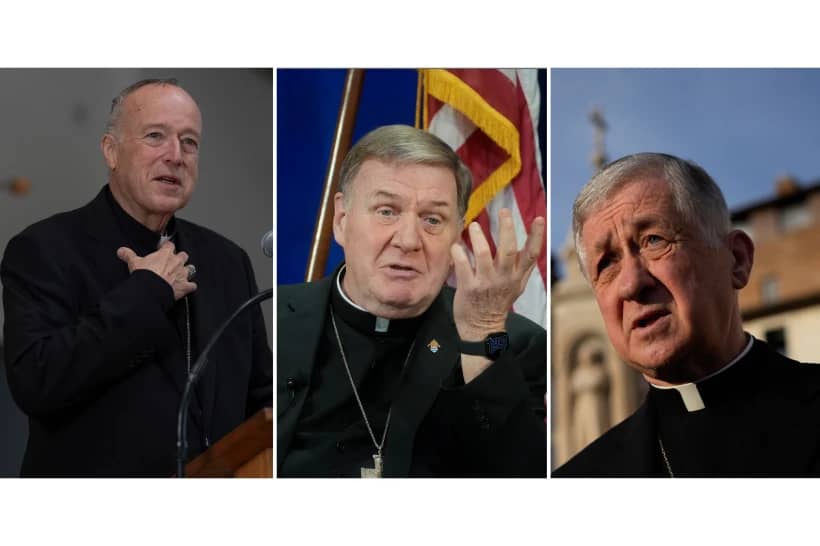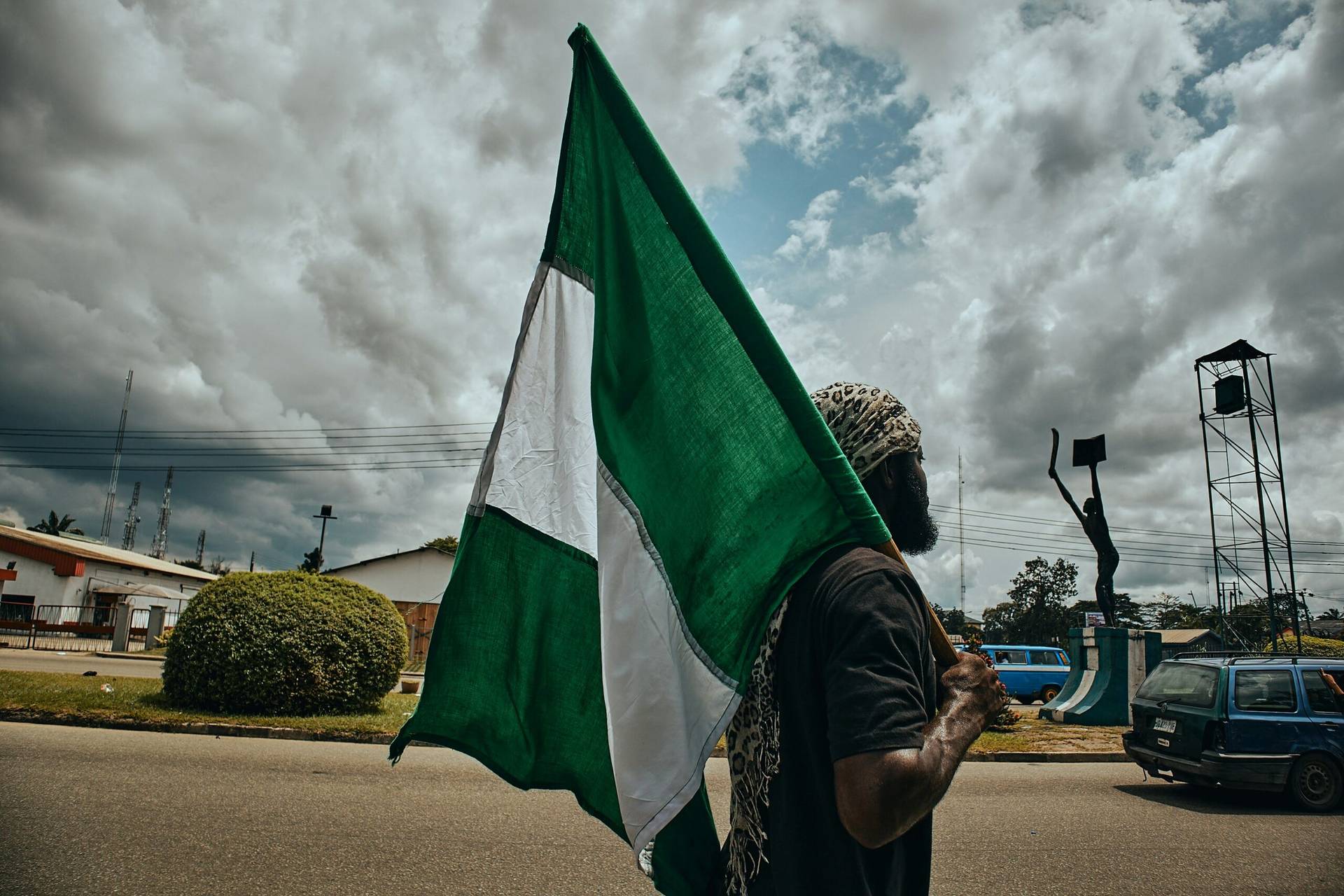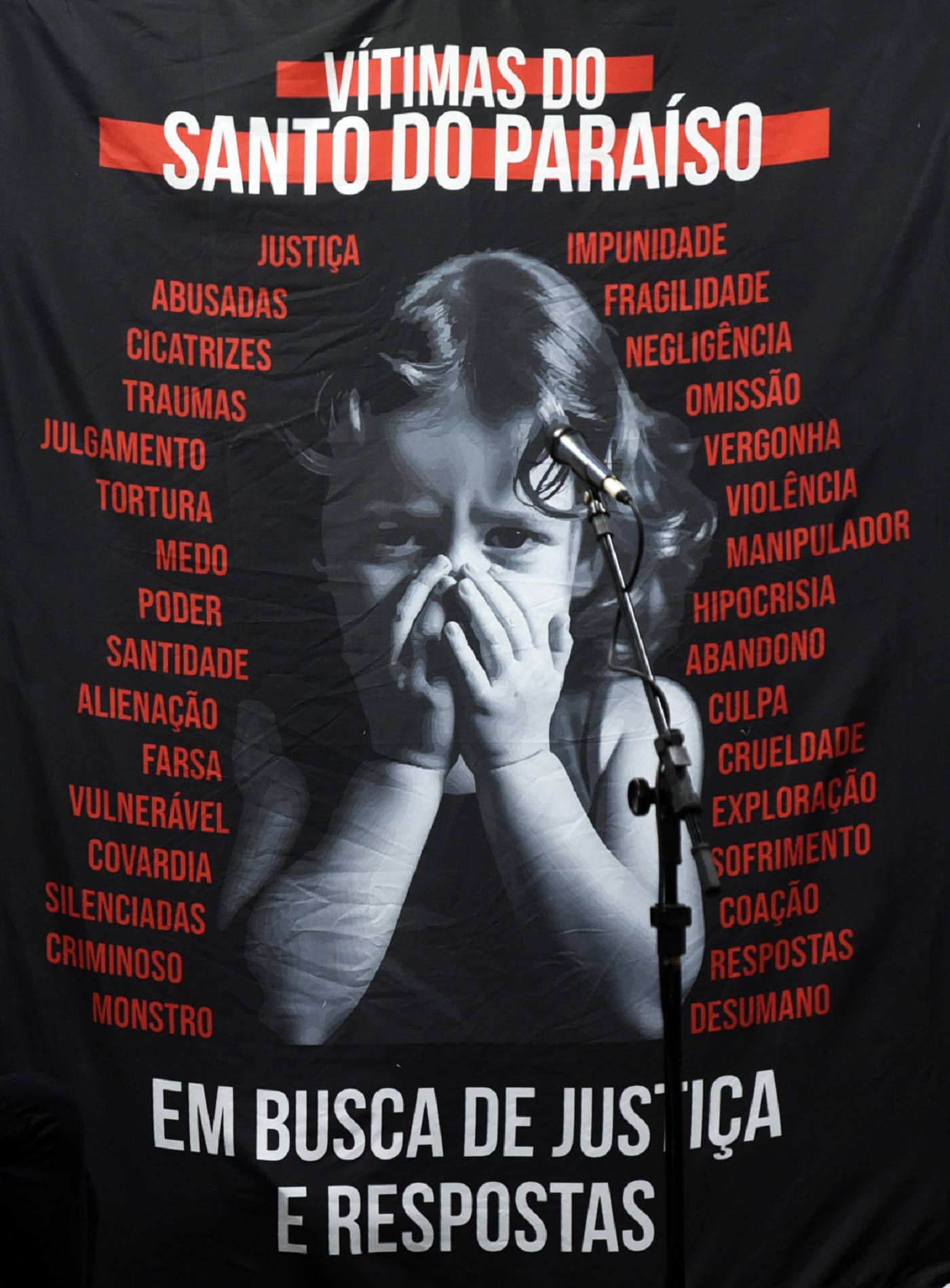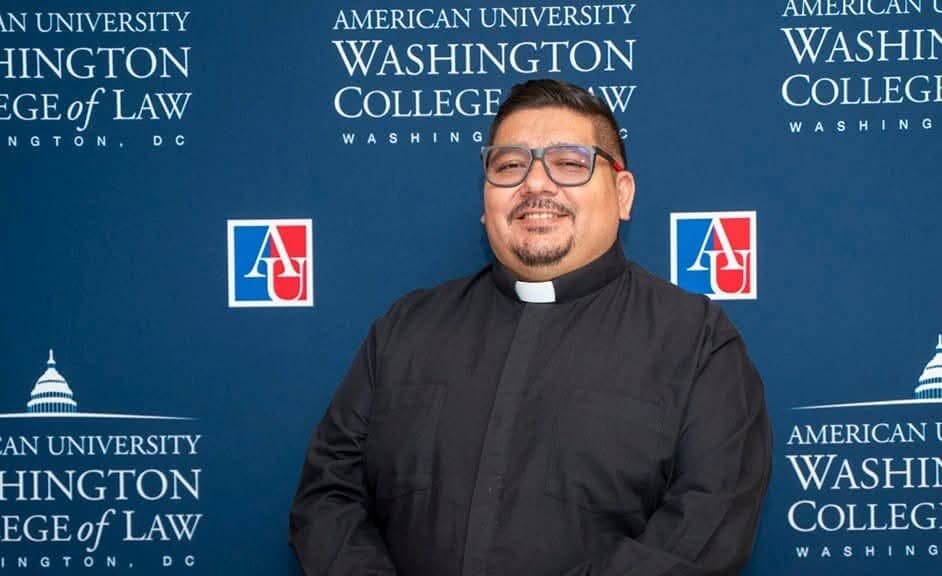SÃO PAULO, Brazil – A bill recently approved in the Brazilian Congress, which still awaits President Luiz Inácio Lula da Silva’s sanction, aims at extinguishing the right of certain groups of inmates to temporarily leave prisons during holidays.
The Bishops’ Conference’s Prison Pastoral Ministry and other church activists have been criticizing the bill and joined civic groups in a campaign to ask Lula to veto the project.
The right to temporary release was established in Brazil in 1984 as part of the current penal law. It was conceived to be one of the means of promoting the prisoners’ reinsertion in their communities and families.
It determines that only inmates who have served at least one sixth of their sentences, in the case of first-time offenders, or one fourth of their sentences, in the case of repeat offenders, are eligible.
The convicts must be serving their sentences in semi-open conditions – when they are allowed to work or study during the day – and must have good behavior.
The temporary release is granted for seven subsequent days, five times a year, during holidays like Mothers’ Day and Christmas.
Since 2018, only five percent of the prison population in Brazil was allowed to temporarily leave the prisons, which is about 34,000 convicts. About four percent of them failed to return to the prison. It’s estimated that less than one percent of them perpetrated new crimes.
But one of these felonies spurred controversy in Brazil last year.
It was the killing of policeman Roger Cunha in January of 2023, in the city of Belo Horizonte. The officer was murdered by a 25-year-old convict who had been temporarily released from prison on New Year’s Eve.
Many politicians then campaigned for the approval of the bill ending the temporary leave program, which had been first introduced in Congress in 2011. It was passed in the Senate and in the Chamber of Deputies this year.
German-born Sister Petra Pfaller, who coordinates the Prison Pastoral Ministry, says extinguishing the temporary release is inhumane and dangerous.
“It gives hope to the people that they will be able to leave the crime behind them, that they will be able to come back to their families. Why should such a right be taken away from them?” Pfaller asked.
The Ministry is worried about different elements involving the new bill, including the anger generated by it among convicts. For several years, its members have been denouncing the terrible conditions of the Brazilian prison system, with lack of food and basic hygiene items, overcrowding, and violence.
Now, they fear that the end of one the inmates’ rights will only make the prisons’ situation even more unbearable.
“There’s a clear risk of riots in penitentiaries if that law is really approved. If mutinies occur, the State will certainly respond with more violence. We’re afraid of those consequences,” Pfaller said.
She thinks that such a measure is a way of increasing mass imprisonment in Brazil, something that will make violence grow in a penal system that is mostly controlled by great mafia-like criminal gangs.
Father David Santos, a long-time advocate of Black rights, considers the bill to be racist. Almost 70 percent of the prisoners in Brazil are Black, while the proportion of Black’s in the country’s population corresponds to 55 percent.
“That’s a way of increasing the penalties for Black and poor people, while the rich and the whites are not subjected to such conditions when they commit crimes,” he told Crux.
Santos says the bill is “anti-Christian” and is being supported by the bloc of Congressmen that work for loosening gun control.
“When poor and Black people steal only a fraction of what white politicians steal, they’re rapidly shot dead by the police,” he said.
Pfaller said that civic organizations and experts have presented technical reports to the authorities that showed that the bill will not have a positive impact on public security.
“Murderers and other convicts who perpetrated violent crimes are not allowed to temporarily leave the prisons by the current law. Many Congressmen seem to ignore that fact,” the religious sister said.
Pfaller laments the fact that politicians and the press have been disseminating false information about the temporary release, giving the impression to the people that it allows violent criminals to be free.
“Unfortunately, many people in the Catholic Church in Brazil think that way as well. Only those who know the reality of the prisons understand how that bill is ill-conceived,” she said.













